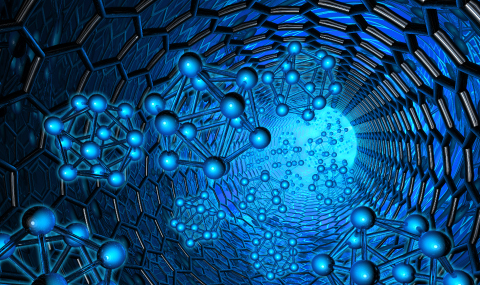Dissociative recombination (DR) is a process where a molecular ion captures a (usually low energy) electron. Such a process, which for a generic molecular ion can be depicted as
AB+ + e- => A(n) + B(n')
Dissociative Recombination is an important process in various environments, such as astrophysical plasmas, planetary ionospheres, and laboratory plasmas.
It is one of the goal of our group, to understand the complex dynamics which is taking place during the DR process. The work, which is carried out under a strong collaboration with the Max-Planck Institut (MPI) fur Kernphysik, in Heidelberg, Germany, involves the use of the (now defunct) heavy ion storage ring TSR and the Cryogenic Storage Ring located at the MPI, as well as advanced molecular fragment imaging methods developed at the Weizmann Institute of Science.
The use of the storage ring is required to produced vibrationally cold molecular ions. The low internal temperature of the molecular ions (AB+) is obtained by storing these ions, produced hot in conventional ion source, for a time which is long enough to allows for complete relaxation to the vibrational ground state, through radiative processes. An additional advantage of the storage ring technique is the possibility to merge the molecular ion beam with the so called electron cooler, which is used for both achieving low kinematical spread (i.e., high energy resolution) between the ions and the electrons, and as a target for the recombination process itself.
The experiments carried out intend to measure the rate of the dissociative recombination process, as well as the quantum state n and n' of the atomic fragments A and B. Such data allows for an in depth understanding of the dynamics of the dissociative recombination process.
Since 1991, we have studied a variety of molecular ions, and succeed in revealing the interesting dynamics which is taking place during the dissociation process. Among all the ions, we have heavily concentrated on the simplest one, HD+, (as well as H2+) as a benchtest.

